As part of the World Class University (WCU) Program 2025, Dr. Nadia Farabi from the Faculty of Social and Political Sciences, Universitas Diponegoro, took part in the International Conference on Cohesive Societies (ICCS) and the Young Leaders Programme (YLP) held in Singapore from 24 to 28 June 2025. Organized by the S. Rajaratnam School of International Studies (RSIS), Nanyang Technological University, and supported by Singapore’s Ministry of Culture, Community and Youth (MCCY), the ICCS is a high-profile forum that convenes scholars, policymakers, and practitioners to discuss key strategies for strengthening social cohesion in diverse societies.
With the theme “Cohesive Societies, Resilient Futures,” ICCS 2025 explored three key pillars: Unpacking Multiculturalism, Navigating Uncertainty, and Forging Societal Resilience. The sessions were enriched by keynote addresses from global leaders including Singapore President Tharman Shanmugaratnam and Sultan Nazrin Shah of Malaysia, alongside distinguished scholars and experts such as Prof. Nasaruddin Umar (Indonesia), Prof. Colleen Ward (New Zealand), and Mr. Fadi Chehade (USA). Dr. Farabi actively participated in plenary sessions, panel discussions, and thematic workshops that addressed pressing global issues such as polarization, social fragmentation, and the role of public policy in fostering inclusive societies.
Following the main conference, Dr. Farabi joined the Young Leaders Programme, an intensive track designed to foster dialogue, leadership, and collaboration among emerging leaders across regions and sectors. The programme featured a range of interactive activities including theatre-based simulations, scenario planning workshops, and cultural immersion sessions. Participants worked together to discuss innovative responses to challenges such as identity-based discrimination, religious intolerance, and social exclusion. Dr. Farabi contributed actively in group discussions, sharing perspectives on intercultural education and the importance of digital platforms in promoting inclusive narratives.
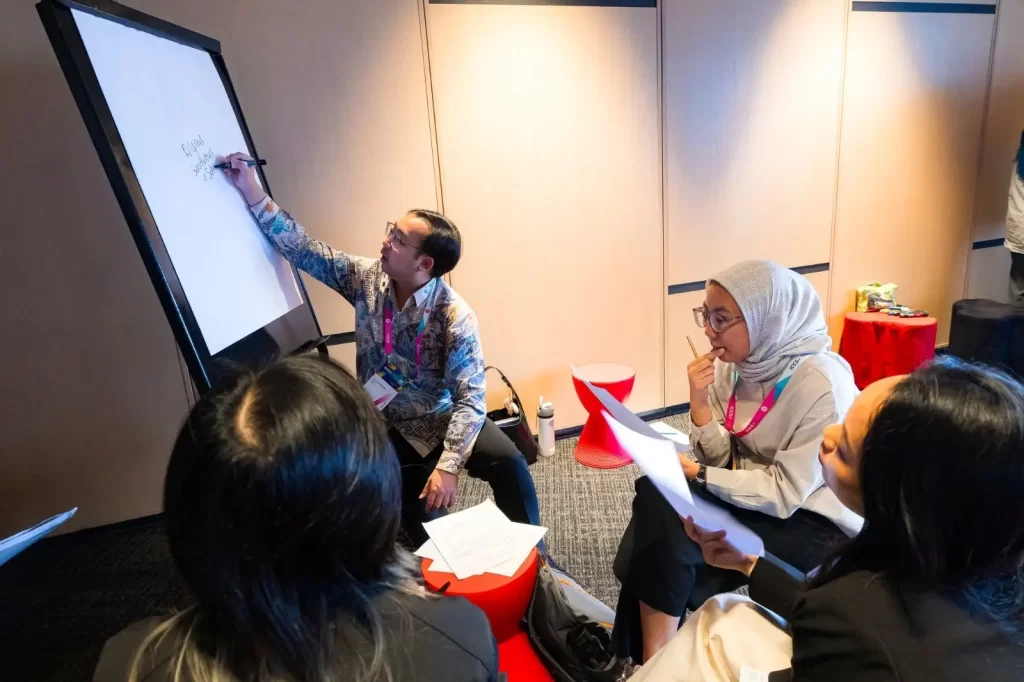
Participation in ICCS and YLP provided valuable academic and institutional benefits. For Dr. Farabi, the conference served as a platform for scholarly reflection and networking, enriching the development of her ongoing research manuscript currently under review at the Australian Journal of Human Rights. At the institutional level, the program enhanced Universitas Diponegoro’s international visibility and opened new opportunities for academic collaboration, including potential cross-border research and faculty exchange.
Looking ahead, the outcomes of this engagement will be integrated into Universitas Diponegoro’s internationalization agenda through structured follow-up actions such as reporting to the WCU program, outreach to new international contacts, and incorporation of new insights into teaching, research, and publication strategies. UNDIP’s participation in ICCS and YLP underscores the university’s ongoing commitment to global engagement, inclusive scholarship, and leadership in addressing key societal challenges through research and dialogue.
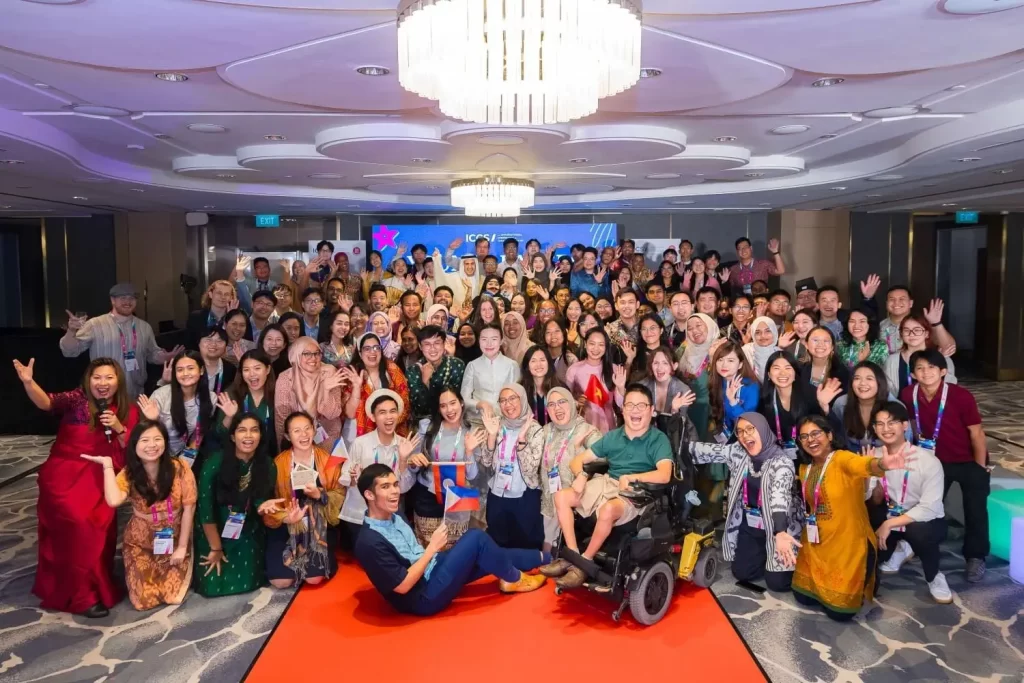

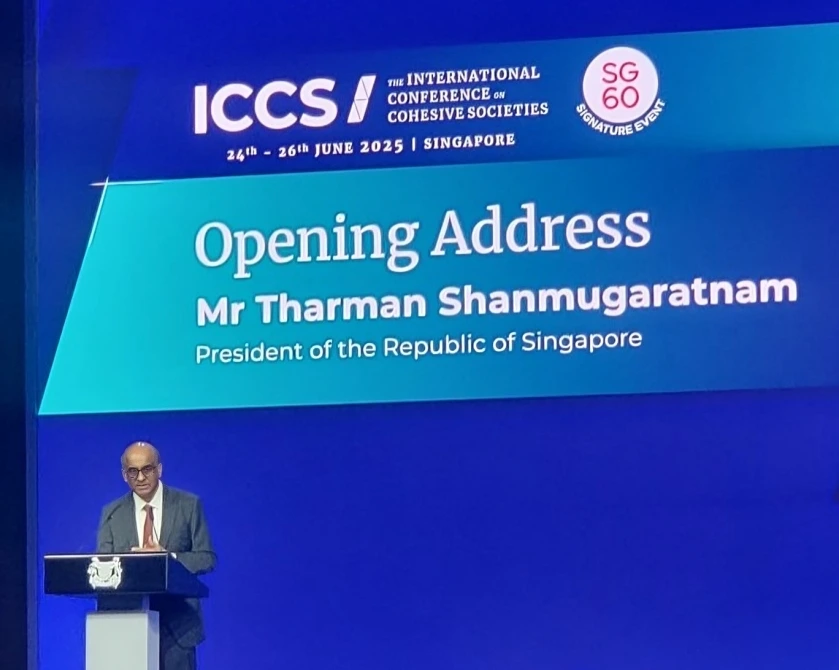

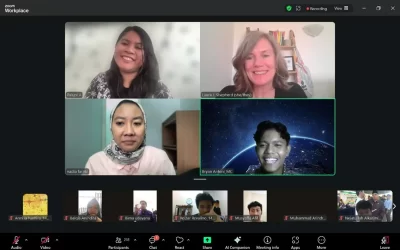
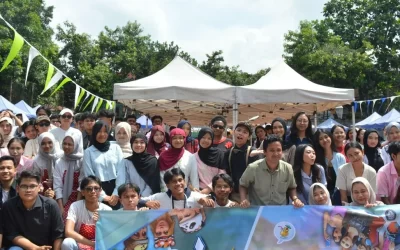
0 Comments